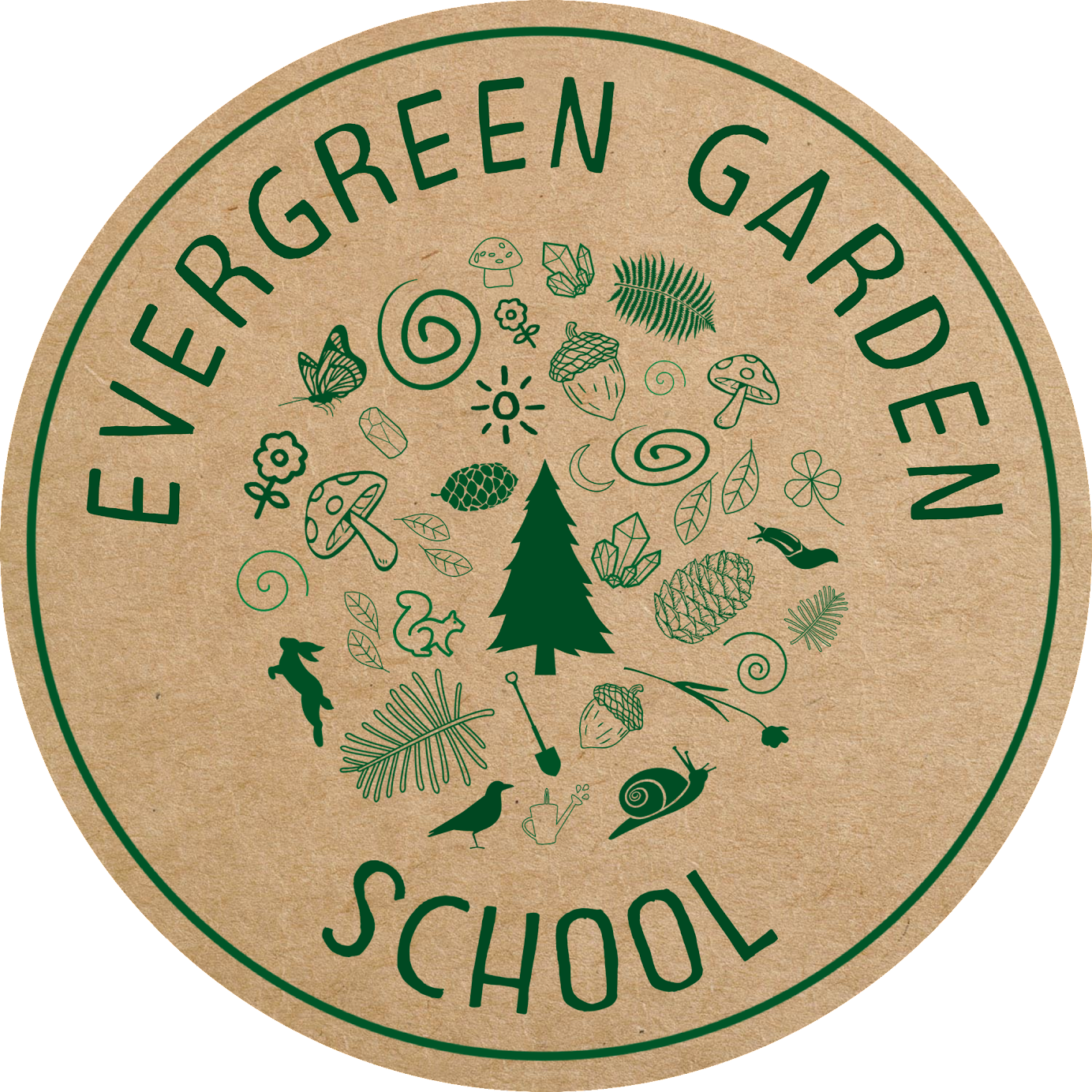
Overview and Teaching Approach
Evergreen Garden locations allow for 4 hours of childcare per day with options for 2-4 hours of after school care at our Wallingford location through Mossy Root Education.
Our four-hour morning programs are play based and consist of a daily rhythm that provides time for every child to participate in outdoor and indoor free play, arts and crafts, circle time, stories, and seasonal activities.
Our curriculum at EGS is approached with an imaginative spirit that we believe speaks closely to a child's early learning development. Our aim is to help the children develop a pattern of creativity that brings deeper meaning and greater depth of understanding to life. We balance both a child’s physical and intellectual needs and use a blend of best teaching practices established by Waldorf education, NAEYC and Head Start Early Learning guidelines. We teach with intention and are directed by what research says is best for children.
At Evergreen Garden, children are cared for by consistent, knowledgeable, loving, and intentional teachers who teach in ways that meet individual needs in a developmentally appropriate manner. Our school is a home away from home that puts children at ease and where they feel nurtured, supported, and encouraged to be their best, happiest selves.
In our mixed-age classroom, teachers work with families and children for many years. This learning environment is essential for developing trusting, comfortable life-long relationships while also assisting teachers in developing curricula tailored to fit the needs of a unique class. Being taught by the same experienced teacher lays the foundation for children to form positive relationships that aid them in becoming more confident, collaborative, and independent. When children feel respected, valued, seen, and heard at school, they build a robust and healthy sense of their worth and value.
As a class, we move through the year with the seasons, bringing the natural world into the classroom using songs, poems, fingerplays, stories, and activities that mirror what is happening in nature. Our school emphasizes gardening as an everyday activity, where we learn how to work with the different ecosystems surrounding us. Not only do we incorporate the natural world in all we do, but we spend ample time every day exploring the outdoors. In this way, children can develop awe and respect for nature.
Curriculum Standards
Language & Speech: Language and speech work is taught through the daily recitation of poems, verses, songs, and stories.
Arts & Literacy: Artistic expression is an everyday experience at Evergreen Garden. Children express themselves through painting, drawing, and creating stories. Art activities include sewing, felting, knitting, embroidery, woodwork, and more. Older children learn how to write the alphabet and their names and are given weekly time to practice writing and illustrating their imaginative stories.
Math & Science: Science is taught through stories, exploration, cooking, baking, observation, trial and error, and play. Early mathematics of counting, adding, subtracting, multiplying, dividing, comparing and measuring are incorporated into daily stories and activities.
Social Studies: History, geography, and social studies are taught through discussions, storytelling, and book reading. Meaningful concepts such as those below are brought through stories and books and discussion sparked by classroom happenings.
Social & Emotional Learning: Teachers help children navigate social conflict and learn to regulate their emotions and feelings. Teachers accomplish this by acknowledging children's problems, helping them make sense of their experiences, and thinking of ways to work through their challenges. We model equity and generosity for children by helping eachother in the classroom and focusing on how we impact our small group and in turn the greater community.
Movement & Music: Everyday at circle time and throughout our morning, children move while they sing. Movement helps build happy, healthy brains and bodies. Through song and movement, children build vocabulary while strengthening their voices and muscles. In addition, singing is an engaging way to learn the ability to listen, focus, and communicate, and it shows children how to work in harmony with one another. We use music to ease transitions as well as sooth anxiety. Though song, many complex topics can introduced in a developmentally appropriate and engaging way that builds on our model of meeting children where they are.
